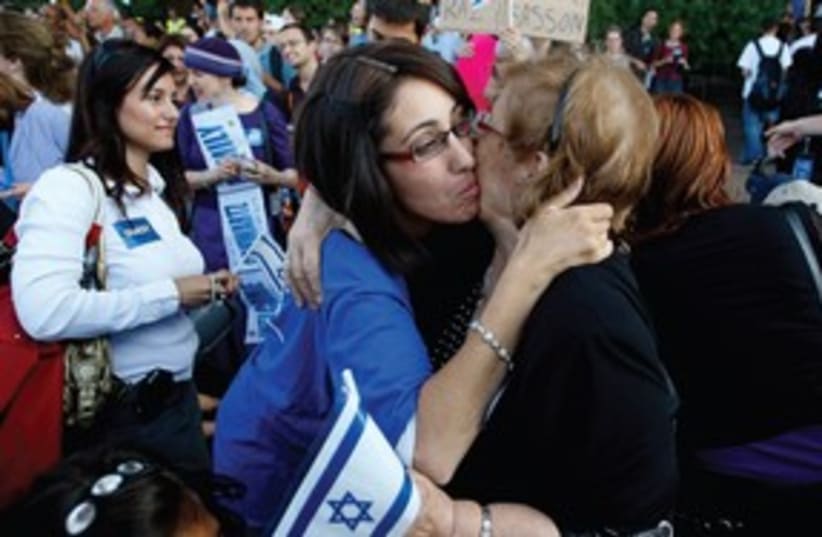Rabbi Brian Lurie is the incoming president of the New Israel Fund.
Ingathering and inclusion
I am still proud of my contribution to the ingathering of almost a million former Soviet Jews.

Rabbi Brian Lurie is the incoming president of the New Israel Fund.